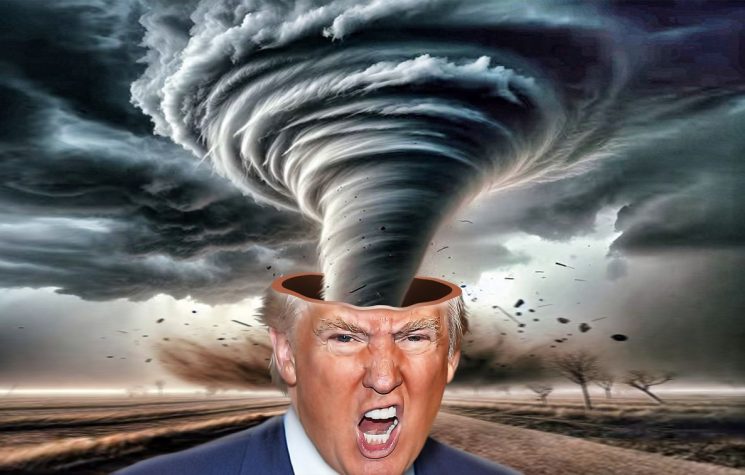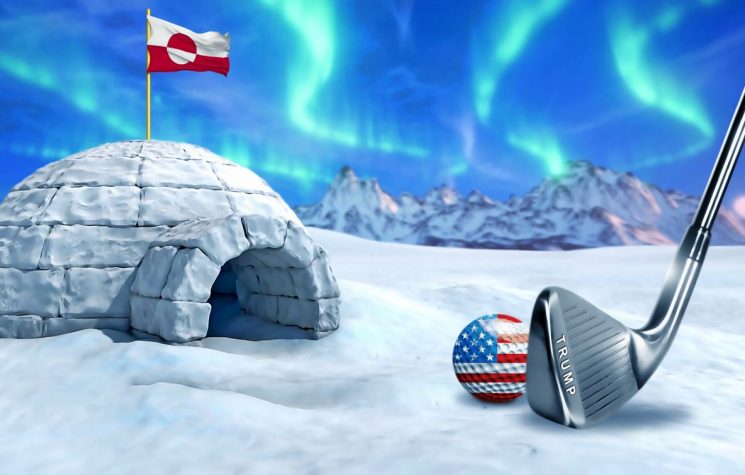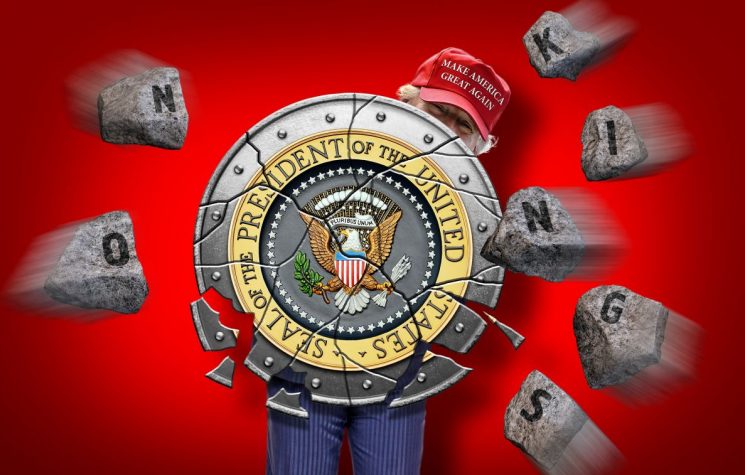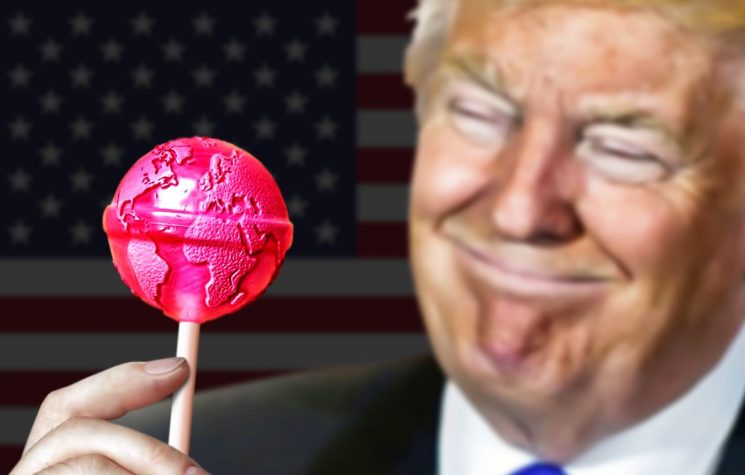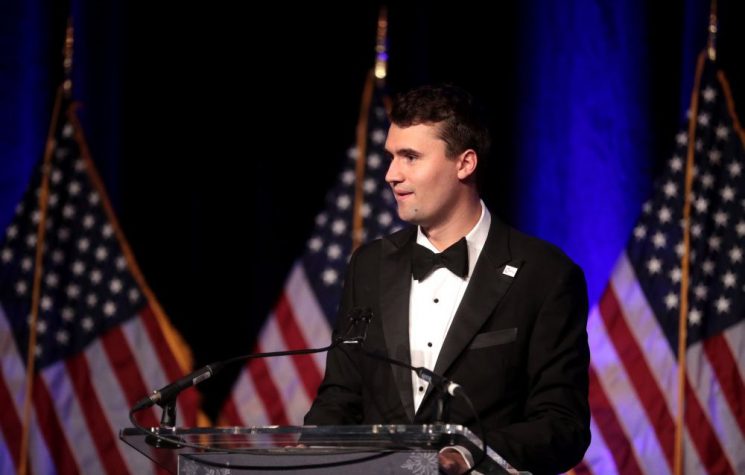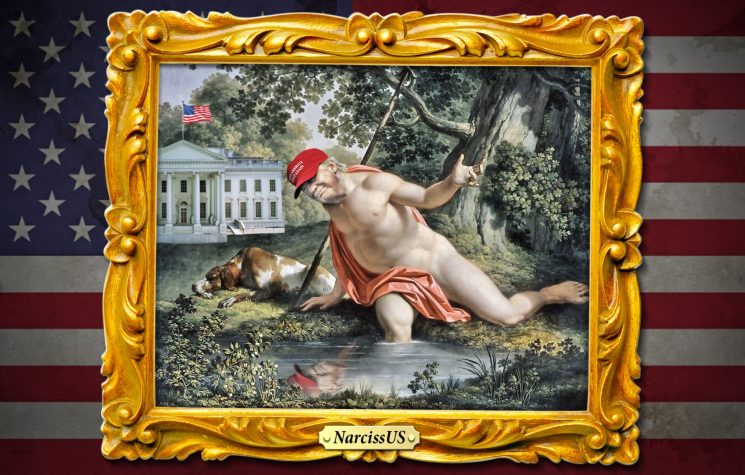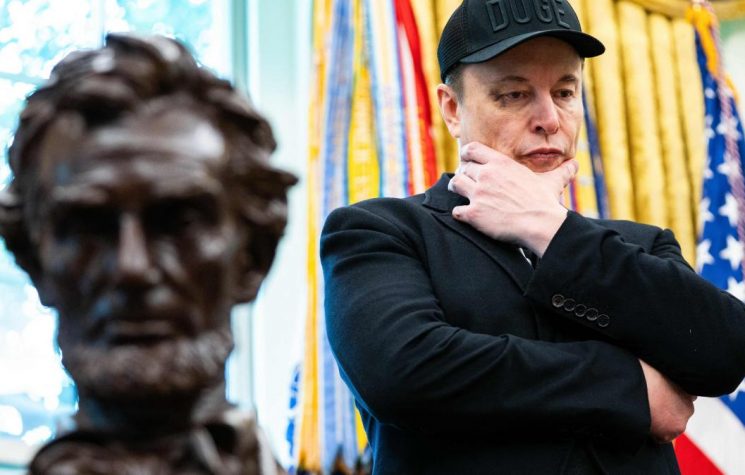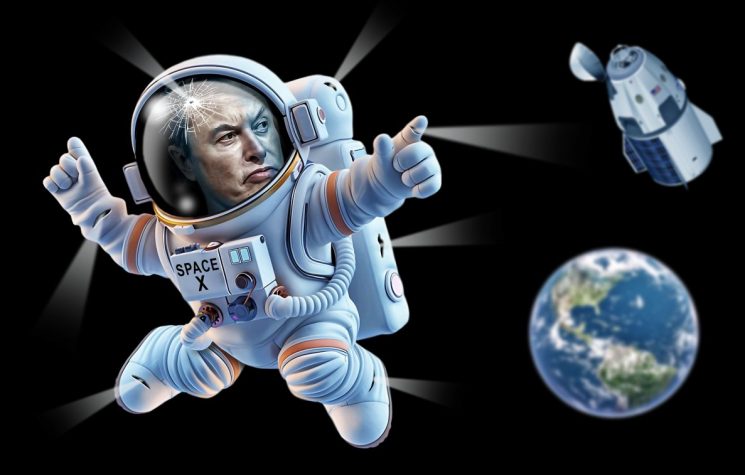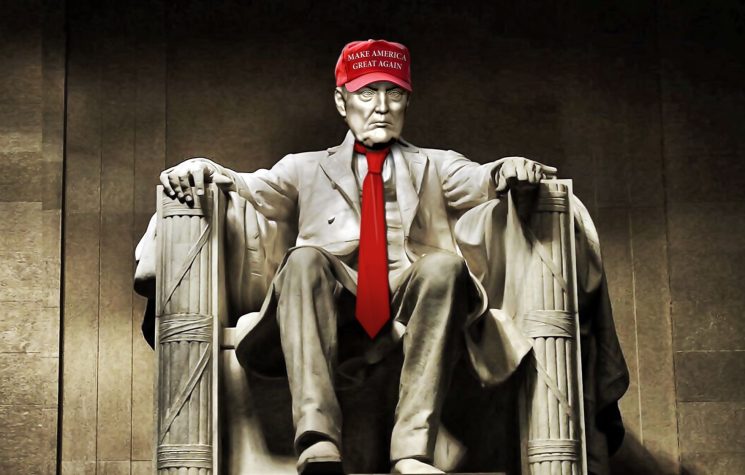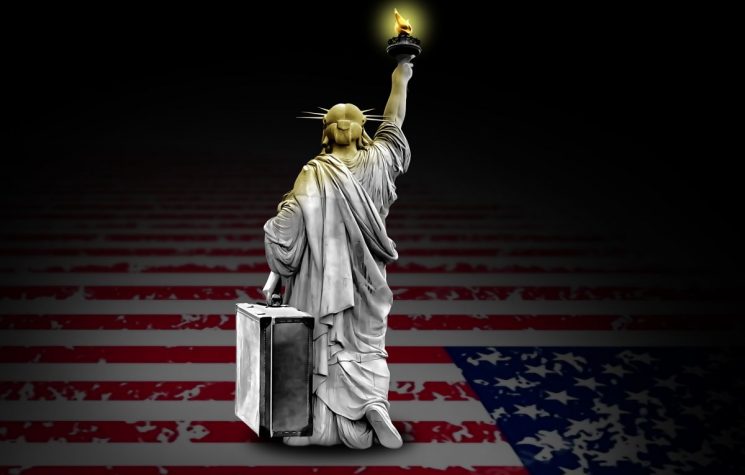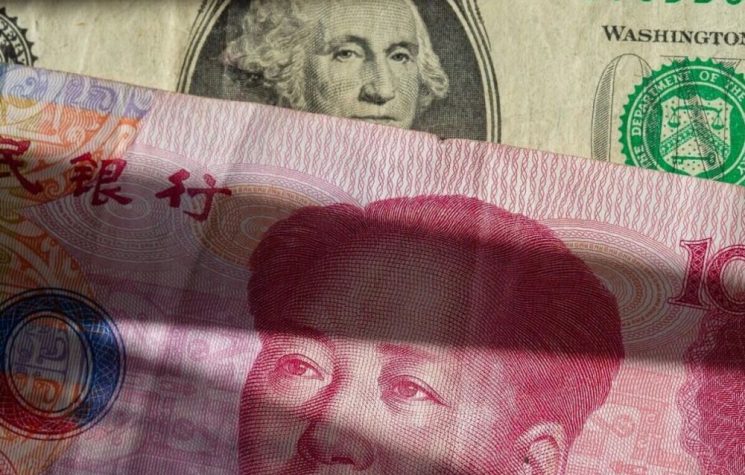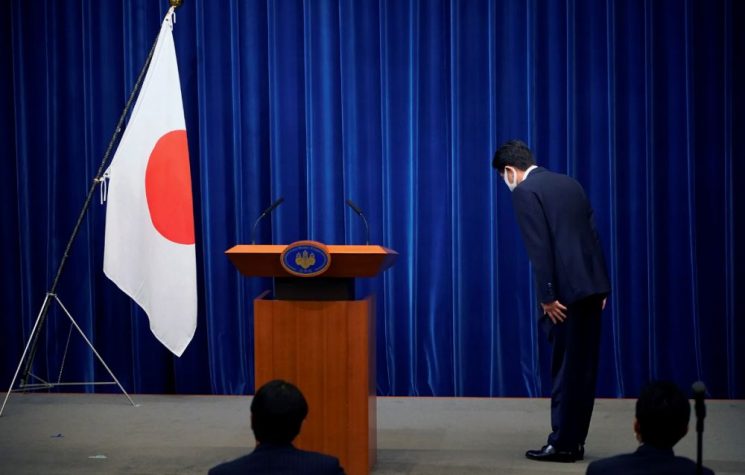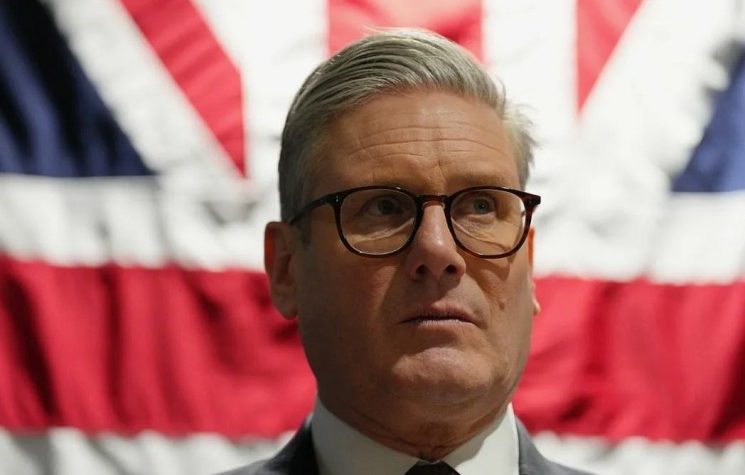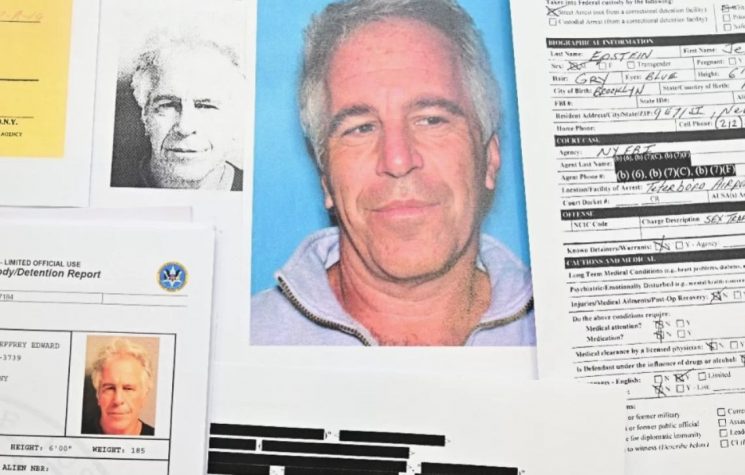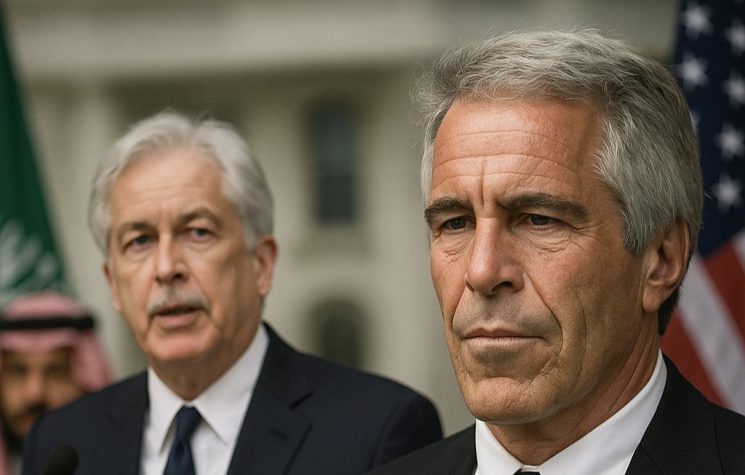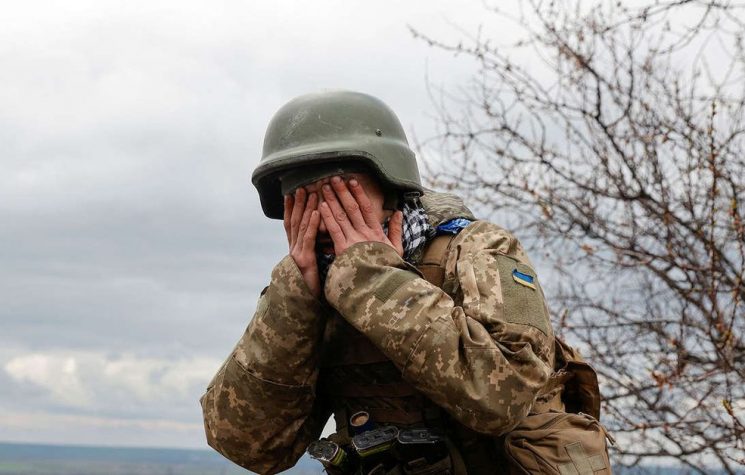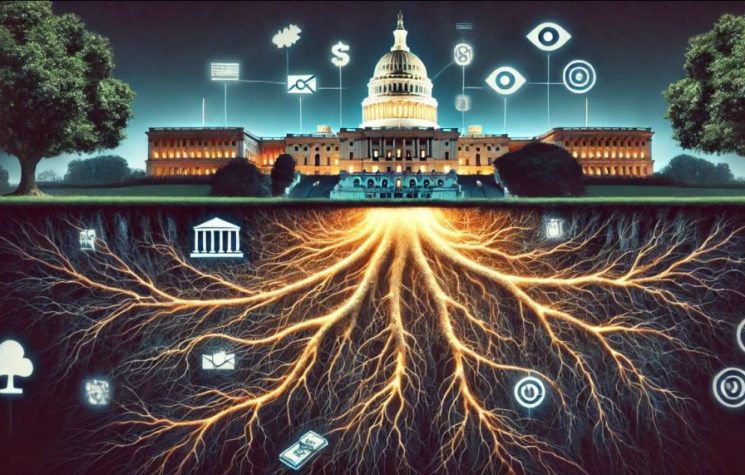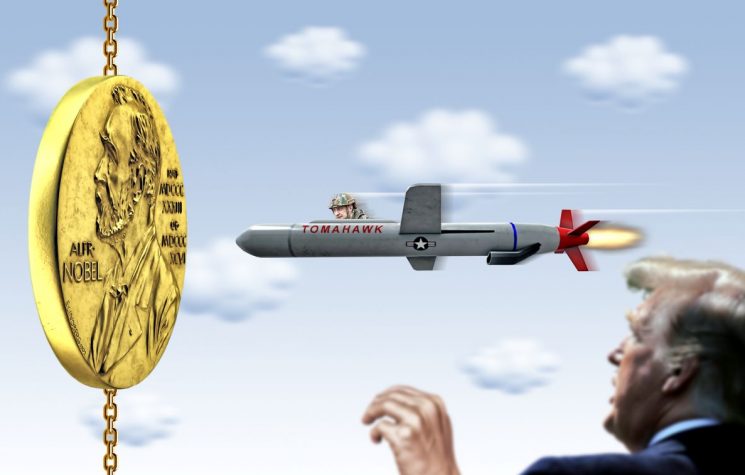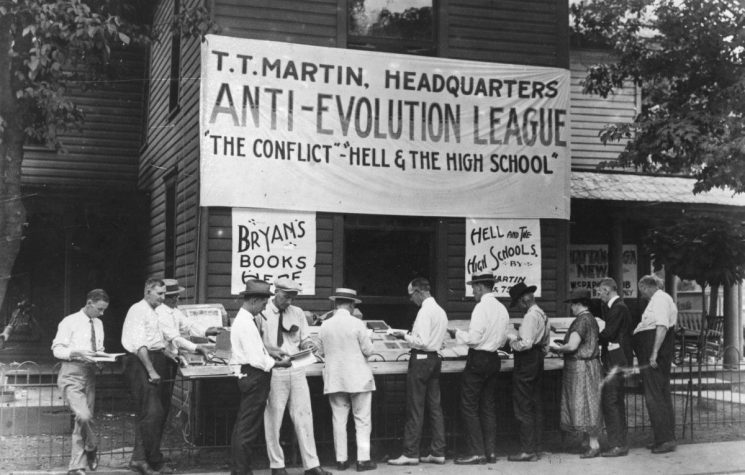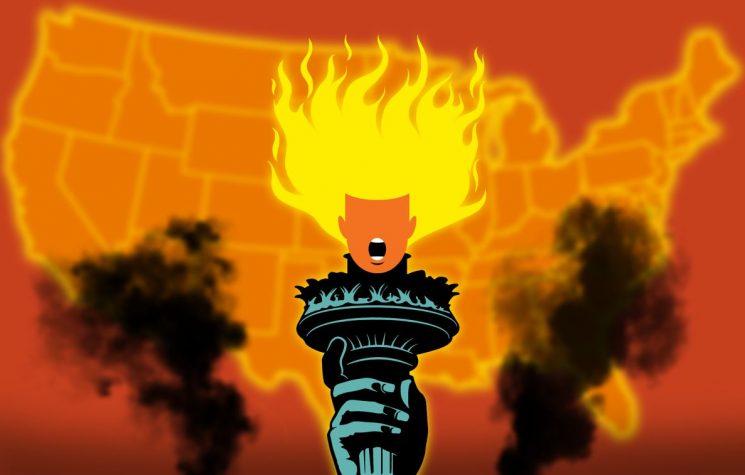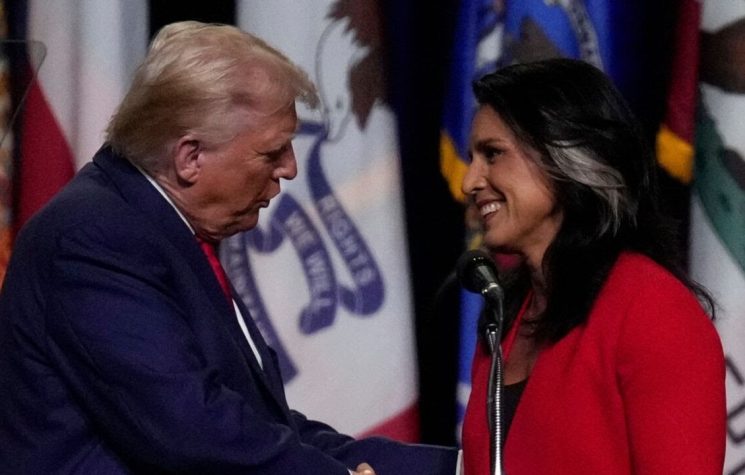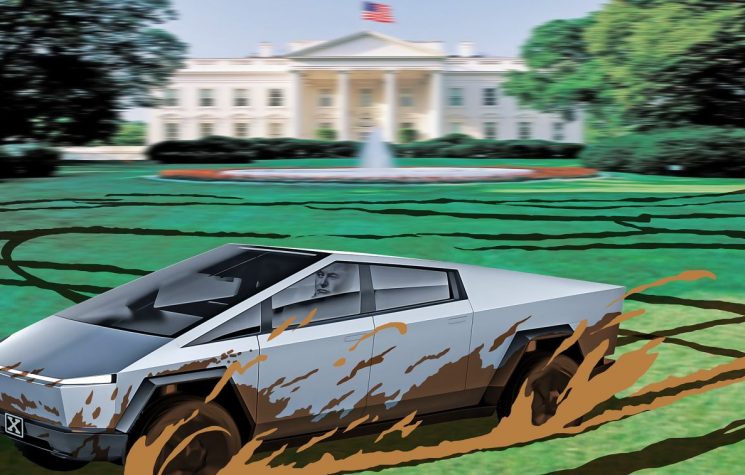If Trump is elected, it’s best to think about another coup d’état, Eduardo Vasco writes.
Contact us: info@strategic-culture.su
Trump’s protectionism and isolationism were seen in his first term when he withdrew the U.S. from the Trans-Pacific Partnership, the Paris Climate Accords, the WHO and the Iran nuclear deal, all created thanks to the American imperialist establishment. Trump is a representative of the sectors of the bourgeoisie that were dominant before the USA became a hegemonic imperialist power, when most of the bourgeoisie’s business was limited to the U.S. territory itself and the American continent. When capitalist development led to the emergence and monopoly of industry and banks by a few conglomerates, those sectors lost space in the economy and politics. American financial capital spread throughout the world and required U.S. entry into World Wars I and II precisely so that the government could protect its businesses. The wing of politicians that represented these interests called themselves “internationalists”, a hypocritical euphemism for imperialists. The bourgeoisie marginalized by financial capital whose area of activity was much more limited was not interested in entering into such devastating wars to defend these monopolies that subjugated it. That’s why they created the “America First” movement, a symbol of isolationism proclaimed by politicians who represented this marginalized sector of the bourgeoisie.
For a long time, until the neoliberal era, both the Democratic Party and the Republican Party had members linked to this sector. But this does not mean that Trump has just resumed a traditional isolationist policy. This is a new era, influenced by the neoliberal experience that further devastated the businesses of the marginalized bourgeoisie and also the quality of life of the middle and working classes. At the same time, it led to an unprecedented crisis of the imperialist high bourgeoisie itself. This phenomenon is what the intellectuals of the American regime call the “crisis of democracy”. And it is not Trump who is making this democracy erode. This “democracy” is nothing more than the stable dictatorship of imperialist monopolies, whose stability no longer exists by its very nature. Trump’s contribution to this is to lead an insurrection movement of the marginalized big bourgeoisie, the impoverished urban and rural petite bourgeoisie and the disorganized proletariat. Any resemblance to Germany and Italy in the 1920s is no mere coincidence. For more than 100 years, American politics remained a two-party dictatorship in which the two parties were Siamese twins and their almost identical policies guaranteed stability for the regime. Donald Trump arrived to shake this stability, subvert the Republican Party, polarize the country and shake the structures of the political regime. That’s why he is so hated by the political and economic elites.
Trump also has the support of powerful sectors of the European bourgeoisie who suffer from unfair competition from the American monopolies that colonized Europe following the Marshall Plan. Trump’s demand that Europe pay a greater share of NATO funding favors the reduction of these countries’ dependence on the USA, which means a reduction in political submission. Certainly, several sectors of the European bourgeoisie see this possibility as a small liberation from the American yoke. On the other hand, the American imperialist high bourgeoisie systematically attacks the possibility of reducing American participation in NATO and other international bodies, because it knows that American participation is not equal to that of other countries, but rather a dominant participation, whose economic strength buys the employees and heads of these organizations to serve the interests of the United States.
The Netanyahu government is also a clear sponsor of Trump, with its tentacles in the powerful American Zionist lobby. Other right-wing governments of a bourgeois nationalist type, in various parts of the world, even if they are not in a position to decisively influence the outcome of the American elections, give greater or lesser support to the Republican’s candidacy, because they see in it a possibility of containing the dominance of imperialist monopolies over its economy and the favor of the local bourgeoisie, stifled by American companies.
In his first term, Trump was unable to take his policies to their final consequences. It was sabotaged within the party and government itself. Now, he has taken over the Republican Party and tends to integrate only highly trusted people into the government’s hard core. People who meet the same interests as him. Trump can completely restructure the U.S. state bureaucracy. This would be like a political revolution in the regime, that is, replacing the leaders and the political system without drastically changing the foundations of the capitalist-monopolist economy.
Trump’s main similarity with fascism is not his xenophobia, his sexism, or his racism, but rather his social base. Trump’s election could be the seizure of power by the middle classes and the lower and middle bourgeoisie, the traditional social base of fascism in its embryonic phase, that is, before it came to power. The fascist experiments of the last century, such as the regimes of Hitler and Mussolini, were domesticated and controlled by the imperialist high bourgeoisie when it was inevitable that they would take power. In other words, the big monopolies embraced fascism at that time. They wouldn’t mind doing it again out of some ideological or ethical principle, as they do in many places around the world, but nothing indicates that they are willing to ally themselves with Donald Trump. Most likely, if everything goes as expected, the USA will drown in chaos never seen in the last 150 years and reach the brink of civil war. It would be an absolutely unstable and unsustainable regime, which could exponentially accelerate the decline of the American empire.
The financial and imperialist big bourgeoisie of the United States cannot allow Trump to win under any circumstances. On the contrary, it needs to regain U.S. control over the entire world, which goes against MAGA’s economic interests. But it also goes against objective reality itself: the crisis of this control and of the imperialist regime led by the United States is irreversible. To prevent a Trump victory, taking into account all his popular support, the control of the state bureaucracy by the Republicans in many states and the support that Trump has among powerful, although marginalized, economic sectors, the big imperialist bourgeoisie will have to carry out an electoral coup d’état. But they don’t seem to have much room for maneuver. That’s why I don’t rule out, for example, an assassination attempt. If there is no coup, Trump will be elected.
And if Trump is elected, it’s best to think about another coup d’état. Otherwise, if Trump manages to completely equip the State as his opponents fear, the big capitalists will have to do as they did with Hitler and Mussolini: tame the beast, buying members of Trumpism, extirpating its most radical wing and inserting imperialism’s trusted men to make a pact and minimally stabilize the situation. But it won’t be easy to execute this plan. It is very likely that chaos will ensue. Violent and destructive rot is nothing more than the natural tendency of a declining imperialist regime like the American one.










